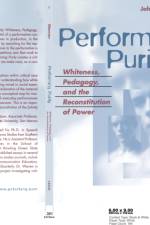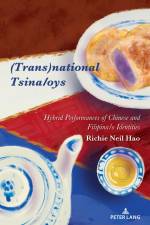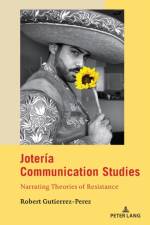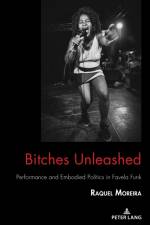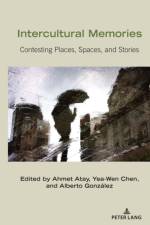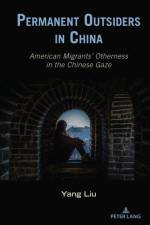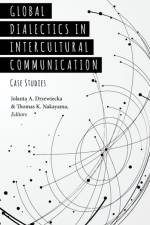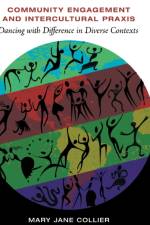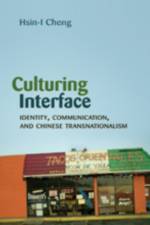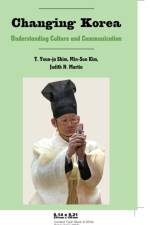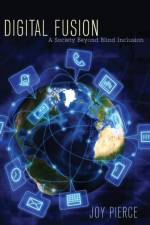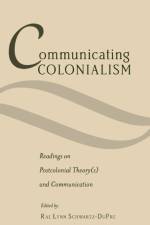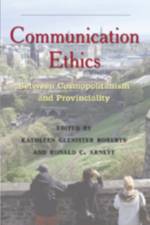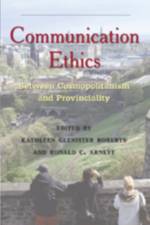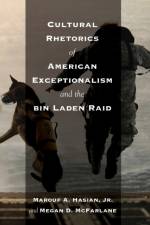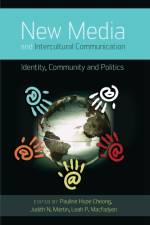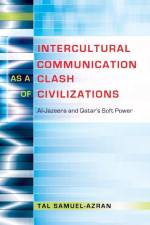av Richie Neil Hao
415,-
The Chinese in the Philippines constitute one of the many Chinese communities globally. Although many Chinese have maintained their cultural traditions, most of them are Filipina/o citizens and have always considered the Philippines home. Embodying "Tsina/o" (Chinese) and "Pina/oy" (Filipina/o) identities, Tsina/oys must learn how to negotiate their hybridity through cultural and linguistic practices in everyday life.Using a multimethodological approach to ethnography (critical ethnographic interview, autoethnography, and cyberethnography), (Trans)national Tsina/oys: Hybrid Performances of Chinese and Filipina/o Identities examines Tsina/oy identity as intersectional performance of ethnicity, nationality, and class in physical and online environments.The book draws from critical intercultural and performance studies to analyze what makes "Tsina/oy" a complex identity and what it could mean for the future in and beyond the Philippines.The book is well-suited for undergraduate and graduate students and academics who study international and intercultural communication, qualitative research methods, and performance studies. It is also of great interest to scholars in anthropology, Asian American studies, cultural studies, ethnic studies, geography, liberal studies, sociology, among other disciplines. "This book is a travelogue to places and spaces of knowing the self in culture; crossing borders to different but familiar locations, and (re)discovering the socializing practices that shape culture and identity. Hao introduces us to complex ways of revisiting notions of intersectionality not just through the complex meeting places of oppressions in social contexts, but through the importance of a diasporic transnational hybridity. He eschews the notion of hybridity as just a mixture of discrete cultures, but the complex co-informing aspects of ethnicity, nationality, class, and the politics of place that shape a sense of self in relation to common origins and the performative variations of identity that are held in contradistinction to those shared roots. Using diverse and interlocking ethnographic and qualitative methodologies, (Trans)national Tsina/oys: Hybrid Performances of Chinese and Filipina/o Identities asks the reader to engage at the intersections, the hyphens, and the parenthetical constructions of hybridity that make the subjects of the study, including himself, both/and always searching for homeplace in communities of recognized co-informing identities that are at once the same and not the same."¿Bryant Keith Alexander, Ph.D., Dean and Professor, College of Communication and Fine Arts, Loyola Marymount University ¿(Trans)national Tsina/oys: Hybrid Performances of Chinese and Filipina/o Identities stands as an exemplar of critical intercultural communication studies and the deep-level insights that it provides as a field to uncover the intricately woven layers of cultural identity, performativity, belonging, and the cultural politics that constitute ¿home.¿ Dr. Haös book also highlights the key role that critical intercultural communication studies plays in unpacking the complex of diasporas in terms of (but not limited to) their identity dynamics, the power effects in claiming/remembering/clarifying one¿s identity in relation to a ¿home¿ (of memory, of place, of relational cultural space), and the thorny assemblage of meaning around ¿belonging.¿¿¿Rona Tamiko Halualani, Ph.D., Professor of Intercultural Communication, Department of Communication Studies, San Jose State University

